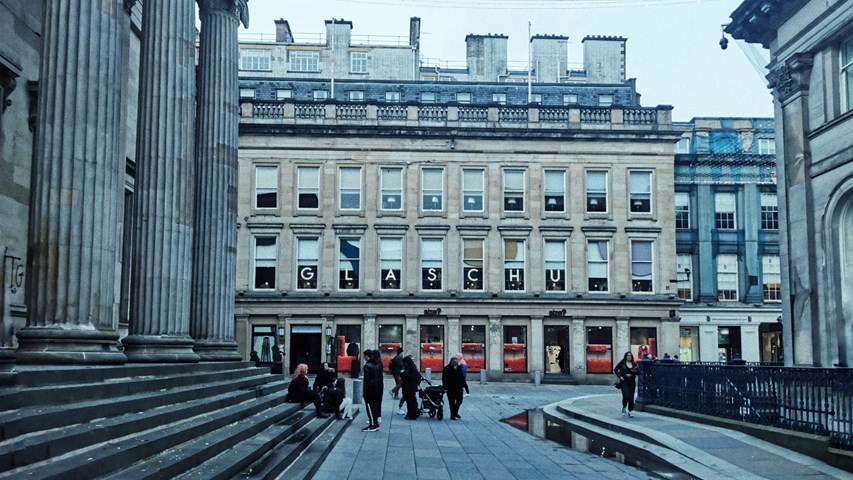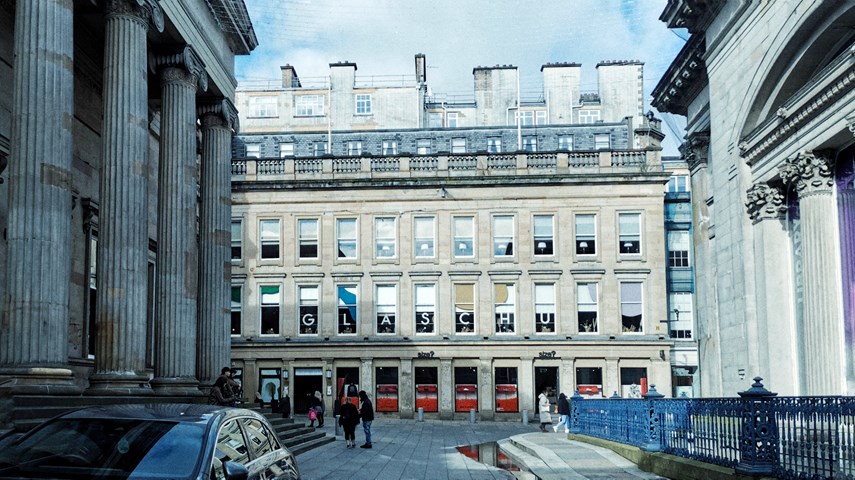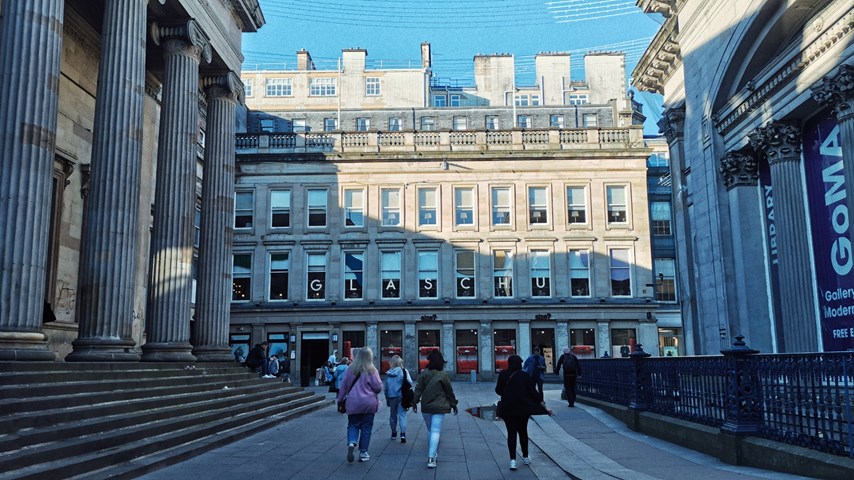In the process of taking pictures, the public end up becoming an unintentional (and unwilling) subject of the pictures. While this becomes common especially for tourists who wander, it reminds us that any of us may be captured in someone else's memory and we're always being watched wherever we go. Fragments of the presence of strangers don't seem so strange until you realised you too are a subject of someone's else's pictures.
The “Big Brother” is a concept synonymous to being in constant surveillance by a higher entity unbeknownst to us. Most often than not, it is associated with an abuse of power by governing bodies. However, we tend to forget everything starts at the grassroot. We are always observed by the people around us, whether with intention or not.
As we live about our days trying to make each moment memorable, we try our best to capture them in tangible forms. From memory to photograph, each moment we capture is never our own exclusively. It is in fact, shared by many around us at that point of time. Whether it was taking a picture of a landmark or scenery, celebrating a milestone or even just existing in a plane of time and space. You live in an event but you’re also an accidental witness to others’ living.
In the process of capturing pictures, the public becomes an unintentional (and somewhat unwilling) subject of the pictures. We take this phenomena for granted, especially for tourists who wander. It reminds us that wherever we go, we too are bound to be caught in someone else’s picturesque memory and we’re always watched wherever we go. Fragments of the presence of strangers don't seem so strange in the beginning until you realise you too are merely a subject of someone's else's pictures.
The photos show a series of banal activities that the average person does such as bystanding, walking and even loitering. They are unrestrained, unguarded and vulnerable. Who can predict what can happen beyond the moment the pictures have been taken. We are merely witnessing without reservation to unforeseen happenings to them, and them to us. We can’t escape from being seen and being perceived by the public. An inexplicable feeling of being exposed is nurtured once the reality sets in but by then, it’s almost too late.


